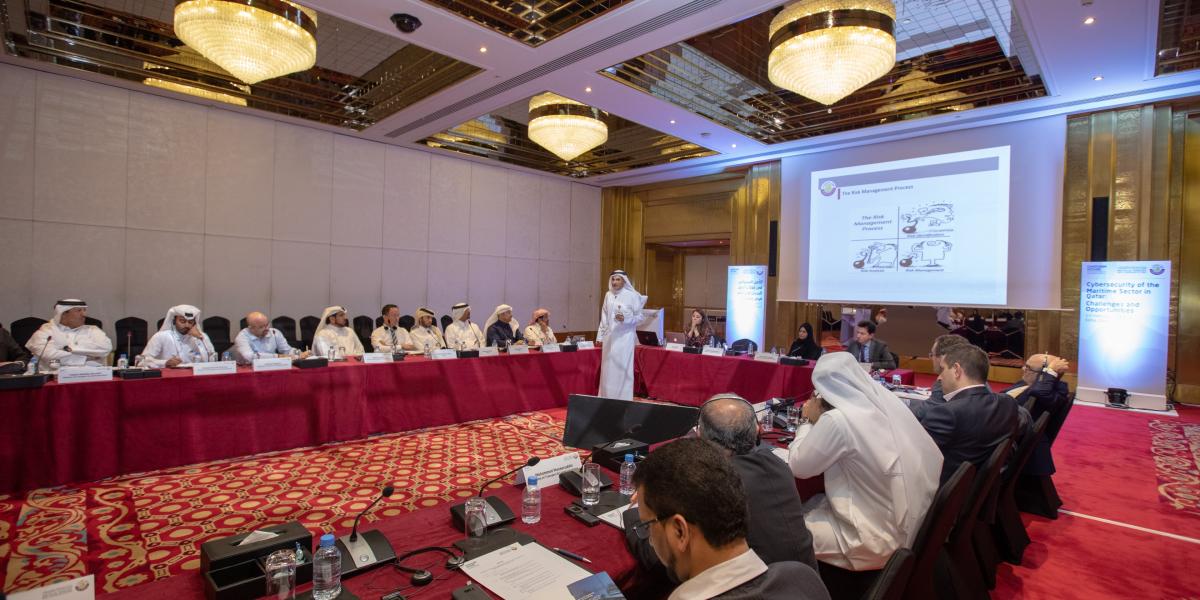Doha - Qatar
International policy think-tank Chatham House, and the Ministry of Transport and Communications (MOTC) today held a forum for experts from around the world to discuss electronic threats to the business and infrastructure of shipping and ports.
Titled: “Cyber Security of the Maritime Sector: Challenges and Opportunities” the event brought together specialists from shipping, industry, government and research to exchange ideas and experiences on the ever-evolving risks facing the transport of commodities by sea.
Joining Chatham House and MOTC were senior specialists from local shipping conglomerate Milaha, LNG shipping giant Nakilat, Hamad Bin Khalifa University, Coventry University UK, Associated British Ports, Hudson Cyber USA, and Aon, amongst others.
With 97 percent of its imports arriving by sea, Qatar’s economy is especially vulnerable to both physical and electronic attacks on the maritime sector, and local speakers revealed how both government and industry are working together on building sustainable resilience in the area.
Neil Quilliam of Chatham House opened the forum by emphasizing the importance of cross-sector collaboration and highlighting how workshops such as these are an example of partnerships being built to create effective responses to the constantly changing threats in the maritime sector.

In his address, Eng. Khalid Al Hashimi, Assistant Under-Secretary of Cyber Security at MOTC, spoke about the evolution of risk management and the fact that Qatar has just launched a framework to enable government e-services to be automatically compliant with European norms and standards in terms of data security; “We at Qatar Government are working with constituents and industry to ensure that certification and compliance are not a hindrance but inspire trust,” he said.
MOTC Director of Compliance, Eng. Dana Al-Abdulla outlined the legislative tools that Qatar is developing to ensure that security strategies are enforceable, while Adnan Al Banna from Milaha explained how Qatar was able to recover the almost 40% drop in maritime inflows after the blockade in ”almost no time” thanks to partnerships such as that between Milaha and the MOTC.
Roberto Di Pietro, Professor of Cyber Security, Hamad Bin Khalifa University, described how maritime activity has one of the largest attack surfaces of any sector and that the consequences of cyber attacks on unprotected systems can have devastating consequences for both business interests and human safety, describing how hackers have been able to infiltrate GPS systems to reroute ships, create fake weather reports and even create non-existent vessels.
Closing the workshop, Mr Ewan Duncan, Group Head of Security at Associated British Ports, described how organized crime is evolving in the way it uses ports, citing the example of smugglers hacking the container management system at the port of Antwerp, Belgium, to indicate which containers were to be searched by customs and which were not. He also mentioned the challenge of making sure regulations keep pace with these trends in a period of declining public resources, while ensuring ports remain commercially competitive.

